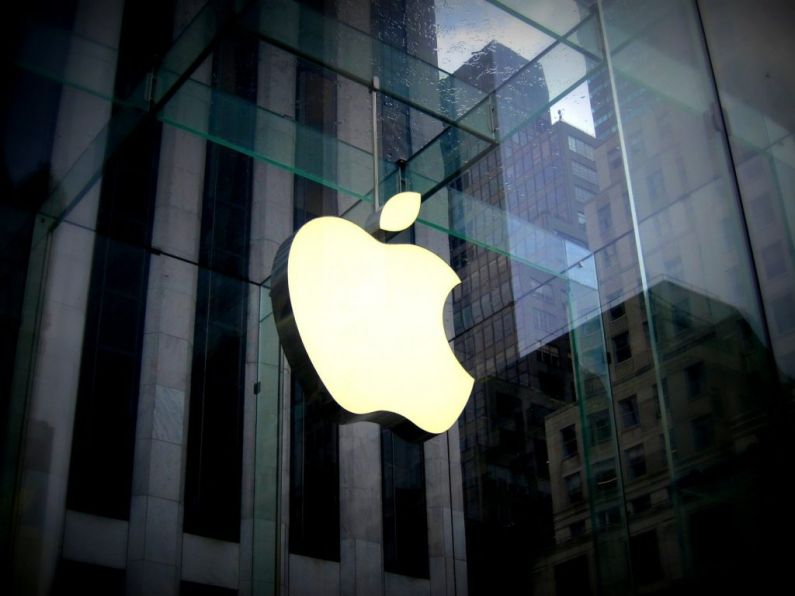Ireland and Apple have won their appeal against a European Union ruling for the US tech giant to pay €13 billion in back taxes.
The judgment was made by the EU General Court after the Government and Apple appealed a decision made by the European Commission.
An appeal is expected to be made to the Court of Justice of the European Union, the highest court of the EU, the ruling of which will be final.
In August 2016, the European Commission decided Apple owed €13 billion in back taxes, plus interest on the amount.
The Commission argued that Apple received favourable tax rates from the Irish state by channelling the majority of their European profits through their non-resident units in Cork, avoiding domestic tax rates.
It said two Revenue tax opinions – in 1991 and in 2007, the year Apple unveiled the iPhone – gave the US technology giant an unfair and select advantage over other corporate taxpayers.
Interest brought the bill to about €14.3 billion. That money – the largest sum ever enforced by the Commission – was collected by the Government in 2018 and put into an escrow account while the case winded its way through the courts.
The case centres on whether Revenue allowed Apple to channel most of its European sales through employee-less “head office” elements of two Cork-based business units – known as ASI and AOE – which were non-resident for tax purposes even though the Irish “branches” within the same units were subject to tax in Ireland.
ASI is responsible for the sales and distribution of iPhones and other products outside the United States; AOE is a manufacturing and assembly operation.
The ruling was based on the premise that the valuable intellectual property (IP) behind Apple products lay outside the Irish branches and was controlled in group headquarters in California.






